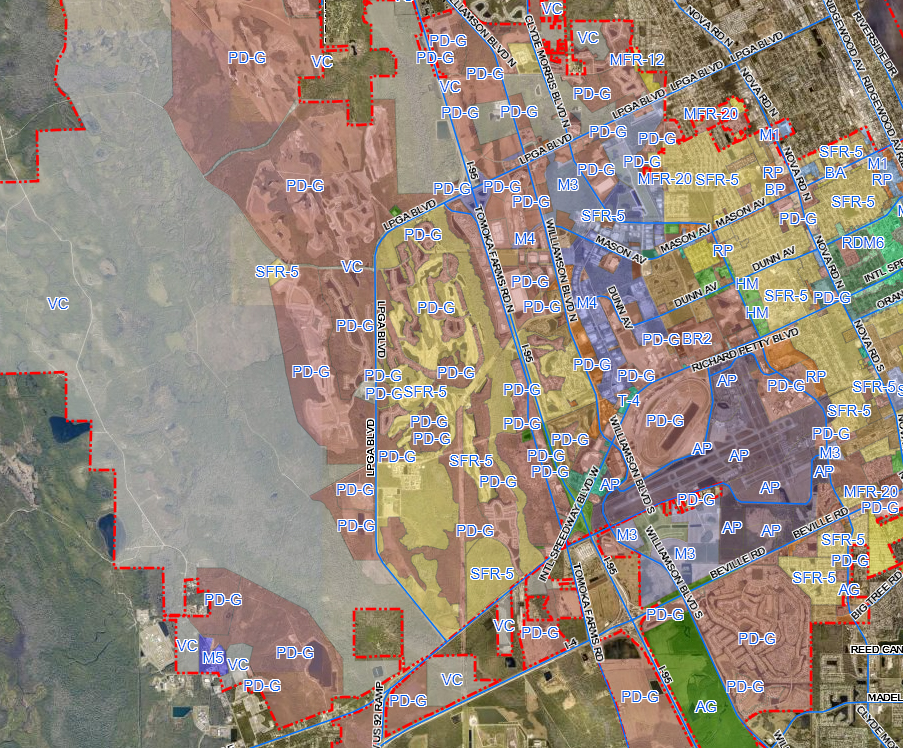
ABOUT ZONING
Real estate zoning is so common in most areas today that many people are surprised to learn that the practice has had a history of controversy. In fact, disputes over zoning ordinances are never ending.
The right to use real estate according to the personal whims and dictates of the owners is deeply rooted in the common law heritage of our nation. Zoning ordinances -- a limitation or restriction of land usage for the common good, regardless of the owner's wishes -- represent a compromise of this tradition and continue to cause disagreements.
Rather than attempting to settle disputes on a personal basis or taking the case to court, most communities have delegated decisions to a zoning commission or zoning board, which is authorized to determine land use. If an objection arises, each party can present its position at a hearing. If no agreement is reached, the dispute may be settled by the city council, the courts or by referendum.
Many property owners take matters of zoning for granted. They have little or no understanding of the impact zoning can have on the community and their own property values.
For example, people owning or buying property on a busy street should be aware that a combination of increased traffic flow, noise and location could result in a change in zoning from single-family residential to use for apartment, office or industrial space.
Just as important is the impact zoning restrictions can have on your individual property and what you do with it in the area of home improvements. Take note that by making a simple telephone call, you can save yourself a heap of time, energy and money. Here's an example.
Let's say you decide to build a privacy fence and fail to check applicable zoning ordinances. Your fence ends up extending a foot over the allowable height. How can this be corrected? More than likely, you will be forced to take down the fence. The same thing can happen with other home improvement projects, including car ports, swimming pools and the like.
While zoning changes normally reflect community growth and often have a positive effect, it should be noted that some changes might unfairly restrict private property rights. Property owners in affected areas are entitled to protest a zoning change. If enough property owners in an area support your position, proposed zoning changes can be defeated.
As property owners in our highly mobile population move from city to city, they often are confronted with confusing zoning laws and terminology. The growth of planning boards make uniform designations more desirable, since they usually work with a larger area and must reconcile the meaning of zoning terms used by the various communities in their jurisdiction.
If you have any doubts about zoning regulations in your area, contact the local zoning authority. They can provide you with information on area trends, what property is being rezoned what property might be subject to change in the near future and the procedures involved in requesting a zoning change.
